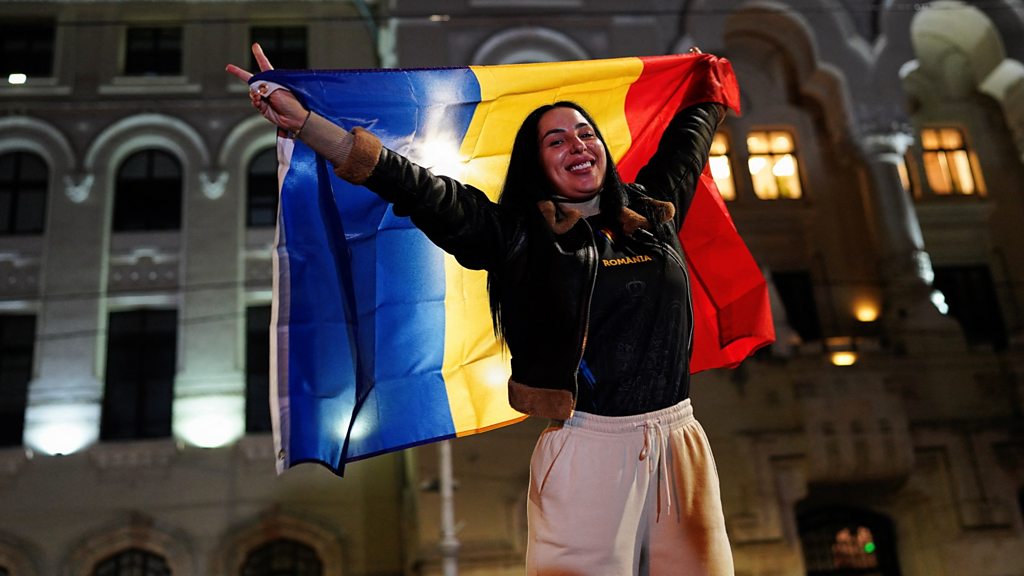Romania’s freshly elected president, Nicusor Dan, is stepping into office amid deep political divisions and rising nationalist sentiments. A mathematician and former mayor of Bucharest, Dan’s election represents a protest vote against decades of established political elites but also signals a cautious desire for moderate change.
A Vote Against the Old Guard and Extreme Nationalism

While Nicusor Dan’s political profile was largely confined to Bucharest before the election, his victory was powered by a coalition of voters opposing the far-right nationalist George Simion. Simion, leader of the AUR party, is a Eurosceptic with controversial views including territorial claims on parts of Ukraine and Moldova and outspoken rhetoric against LGBTQ+ rights.
Simion secured 41% in the first round but ultimately lost to Dan in the runoff, as many urban and middle-class voters mobilized to prevent what they saw as a threat to Romania’s European future. Political analyst Radu Magdin described the result as “fear defeating fury,” reflecting voters’ concerns over radical change.
Nationalist Rhetoric Falls Short
Simion’s campaign capitalized on “Romania first” messaging, traditional values, and promises to fight corruption. However, missteps such as insulting opponents, inflammatory comments about foreign leaders, and reluctance to engage in public debates weakened his appeal. This ultimately alienated moderate voters who feared his divisive stance would isolate Romania internationally.
Defying Russian Influence
Dan’s election was also viewed as a rejection of Kremlin interference. In the previous November elections, Russia was accused of backing far-right candidate Calin Georgescu. The annulled vote and the subsequent victory of Dan are seen as a stand against external meddling and a reaffirmation of Romania’s commitment to democratic values and EU integration.
European Integration at the Core
Unlike his nationalist rival, Nicusor Dan emphasized Romania’s place within the European Union. Supporters, especially young voters, celebrated with EU flags and expressed relief at preserving Romania’s European trajectory. For many, Dan’s technocratic approach offers hope for increased EU funding and development opportunities. Learn more about Romania and the EU.

Huge Challenges Ahead
Despite the emphatic win, millions of Romanians voted differently, highlighting a deeply divided nation. Dan inherits a country grappling with political fragmentation, economic disparities, and cultural tensions.
As analyst Magdin warns, “This may be the last chance for the mainstream political class to win on a pro-European, democratic platform.” The rise of nationalist voices like Simion’s AUR party in parliament signals ongoing challenges to Romania’s political stability and European ambitions.
Conclusion
Nicusor Dan’s presidency is a critical test of Romania’s ability to balance reform, unity, and international alignment. The road ahead is difficult but holds potential if Dan can bridge divides and respond to the electorate’s demand for meaningful progress.
For more on Romania’s evolving political scene, read our Romanian Political Landscape Explained.